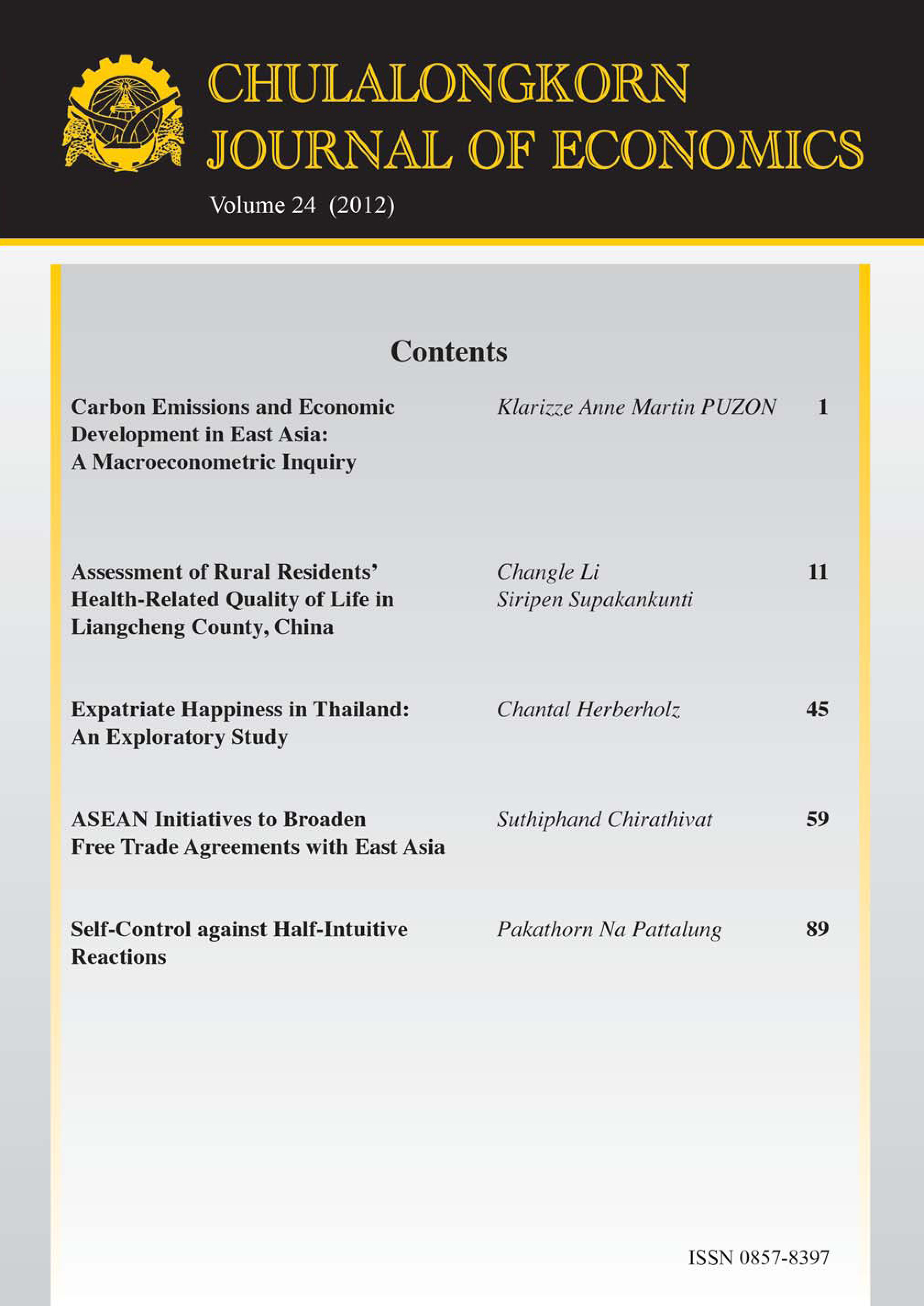The Role of Social Comparison, Perceived Fairness and Reciprocity in Labor Contracts: An Experimental Study
Keywords:
Reciprocity, Wage Rent, High Effort and Low Effort WorkersAbstract
Three different treatments of Gift Exchange Games were conducted in order to investigate workers’ reciprocal behavior. In the first random matching treatment, the reciprocal behavior was based on wages offered by previous employers. Since the matching was one shot, although the wage offered was fair and exceeded wage levels in the previous round, workers did not reciprocate. Workers were more reciprocal in the second fixed matching treatment. In this treatment, workers interacted with the same employer throughout the session. However, in the third treatment, when workers were exposed to market wages, the relative wage effect became more important than own or current wages in determining effort levels. But the overall relative wage effect depended on the implicit behavior of the workers; high effort workers and low effort workers perceived the relative wage differently. When current wages exceeded market wages, low effort workers reciprocated more than high effort workers and when the market wage exceeded own wage, high effort workers reduced effort levels more than low effort workers
Downloads
Published
How to Cite
Issue
Section
License
The submission of a manuscript implies that the paper is an original work and has not been published elsewhere. The author(s) authorize the journal to reproduce or distribute the paper in printed or other electronic forms.







